CARA (Central America Research Alliance)
Add your name to support our Nicaraguan and Central American colleagues fighting to uphold their fundamental right to education.
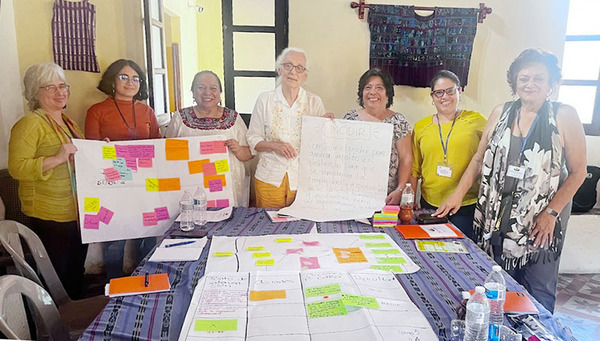
The Central America Research Alliance (CARA) is a scholarly partnership between the Pulte Institute, the Keough School, and over a dozen higher education, research, and human rights institutions based in the U.S., El Salvador, Honduras, Guatemala, Belize, Costa Rica, Panama, and Nicaragua.
Supported by Pulte and Keough's expertise and presence in Washington, D.C., and directed by senior Pulte researchers Tom Hare and Estela Rivero, CARA's mission is to promote and conduct research to inform development policies and advocacy regarding poverty, democracy, and good governance, migration, citizen security, and human rights in Central America.
CARA believes that locally produced scientific knowledge, that makes the faces of the marginalized visible, is critical to formulating context-sensitive policy proposals in the region. Research activities conducted by current CARA partners have enabled Central American organizations to use state-of-the-art data analysis to inform anti-poverty, democracy, and human rights policy.
CARA's goals include:
-
Building partnerships to produce high-quality research
-
Supporting evidence-based advocacy
-
Promoting capacity exchange
As of late 2023, given the current challenges to higher education and independent research in Central America, CARA is focusing on concrete capacity exchange activities that foster solidarity among Central American researchers and the dissemination of their work. Among those activities is CARA's participation in policy events, English translation of research published in Spanish, and promoting safety recommendations for Central American researchers.
Click here to watch CARA co-directors Tom Hare and Estela Rivero discuss the recent success of the Gang Resistance Education and Training (GREAT) program in El Salvador, Honduras, Costa Rica, and Panama.
For more information, contact Tom Hare.
CARA MEMBERS

AVANCSO, or the Association for the Progress of the Social Sciences (AVANCSO by its acronym in Spanish), is a research center that promotes a research model from and with civil society organizations, communities, and indigenous groups.
Country: Guatemala
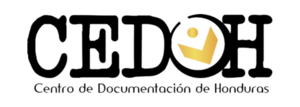
CEDOH is a non-governmental institution created in 1980 dedicated to gathering, classifying, producing and disseminating diverse information on the Honduran reality.
Country: Honduras
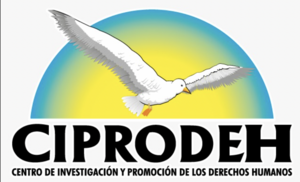
CIPRODEH promotes research and knowledge management, political influence, and the promotion and defense of human rights in synergy with different sectors of society, for the construction of a democratic rule of law, which guarantees the respect and protection of human rights in Honduras.
Country: Honduras
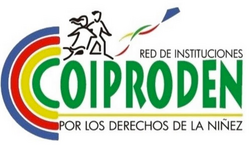
COIPRODEN coordinates and strengthens actions in the promotion and defense of the best interests of Honduran children, adolescents and youth, in order to achieve their full development.
Country: Honduras

ICEFI is an independent think tank that conducts research and technical analysis on fiscal matters in Central America.
Country: Guatemala

Cristosal is an NGO founded by the Episcopal bishops Martin Barahona and Richard Bower. Cristosal’s mission is to promote justice, human rights, and democratic societies in Central America, through strategic litigation, research, learning, human rights monitoring, and assistance to victims of human rights violations. The principles that guide Cristosal are no discrimination, participation, learning, transparency, and responsibility.
Countries: El Salvador, Guatemala, and Honduras
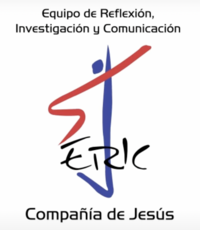
Equipo de Reflexión, Investigación y Comunicación or ERIC is a diverse team who work for a just, equitable, and sovereign society, through reflection, research and communication, inspired by the values of the kingdom of God and Ignatian spirituality, in alliance and articulation with sectors and people who seek dignity, and in permanent solidarity with impoverished and vulnerable populations.
Country: Honduras

ESTADO DE LA NACIÓN is an organization focused on academic research on sustainable human development. The organization produces information and data, as well analysis as and discussion of public interest topics. Headquartered in Costa Rica, they ESTADO DE LA NACIÓN produces analysis about topics across Central America.
Country: Costa Rica
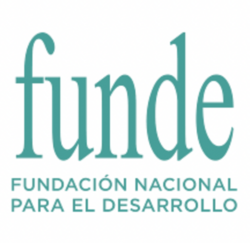
FUNDE is a research center that generates thought, proposals and innovative actions in the field of development and works to build an equitable, open, supportive and sustainable society.
Country: El Salvador
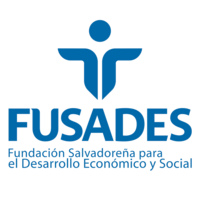
FUSADES is a think tank and research center that promotes the economic and social progress of Salvadorans through sustainable development, under a democratic system and individual liberties, encouraging dialogue as a mechanism for seeking country agreements.
Country: El Salvador
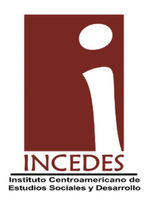
INCEDES or Central American Institute of Social Studies and Development (INCEDES by its Spanish acronym), is a civil association founded in 2005. Its work is focused on the study of public policies related to migration (especially the migration system Central-North America); as well as rule of law, governance, justice, and sustainable development.
Country: Guatemala
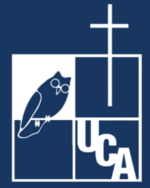
IUDOP is a social research center that is focused on the production and systematization of public opinion data. IUDOP is well known for its data on social, political, economic, and cultural issues from Central America.
Country: El Salvador
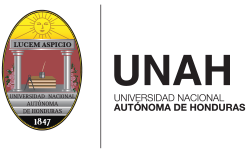
National Autonomous University of Honduras (UNAH) participates in CARA through its Demography and Development Program, which produces research on the dynamics between the State and the Honduran population to contribute to the human and economic development of the country.
Country: Honduras
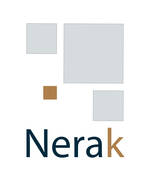
NERAK is a social inclusion company. Recently, they have partnered with University Rafael Landivar to explore the level of inclusion and diversity in academia.
Country: Guatemala

Pasionist Social Service Center, SSPAS by its Spanish acronym, is a human rights organization working on violence prevention and a culture of peace in El Salvador. The center produces research on three areas: human rights violations, social violence, and public policy. Their research is based on statistical data, case studies, and testimonies collected by the center through their assistance to victims of human rights violations.
Country: El Salvador
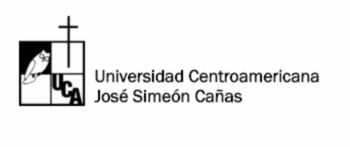
UCA Observatory of Human Rights, OUDH by its Spanish acronym, monitors the human rights situation in El Salvador and produces reports and other communication products such as newsletters, annual reports, and special research.
Country: El Salvador
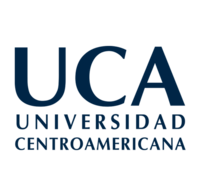
UCA Nicaragua or the University of Central America in Nicaragua produces research on social and political topics of public interest in Nicaragua and Central America. UCA Nicaragua has different research institutes, representatives of the social sciences institutes participate in CARA.
Country: Nicaragua

UNITEC seeks to train leading professionals, with a global vision and social commitment, through an educational model based on skills, values, entrepreneurship, academic and technological innovation, internationality, research and links with society.
Country: Honduras
INDIVIDUAL PARTICIPANTS
Arturo Matute is a Guatemalan professional committed to human rights and social justice. He has 20 years of experience in Central America on project management, research, and political analysis. His research has focused on rule of law, citizen security, judiciary reform, and social development.
Country: Guatemala
Eduardo Nuñez is the Director of the Public Security Program from the National Democratic Institute (NDI) in Central America. He participates in CARA as an individual and brings all his expertise of decades of experience on public policy and advocacy in Central America. NDI programs in the region are focused on anti corruption initiatives; safe dialogue spaces to promote democracy; governance and migration; citizen security; and political dialogue among other topics.
Country: Guatemala
Pauline Martín is an independent consultant previously linked to the University of Central America (UCA El Salvador). She has been the coordinator and principal investigator of the research program on education under violence risk and conflict from the Master Program of Education Policy and Evaluation.
Country: El Salvador